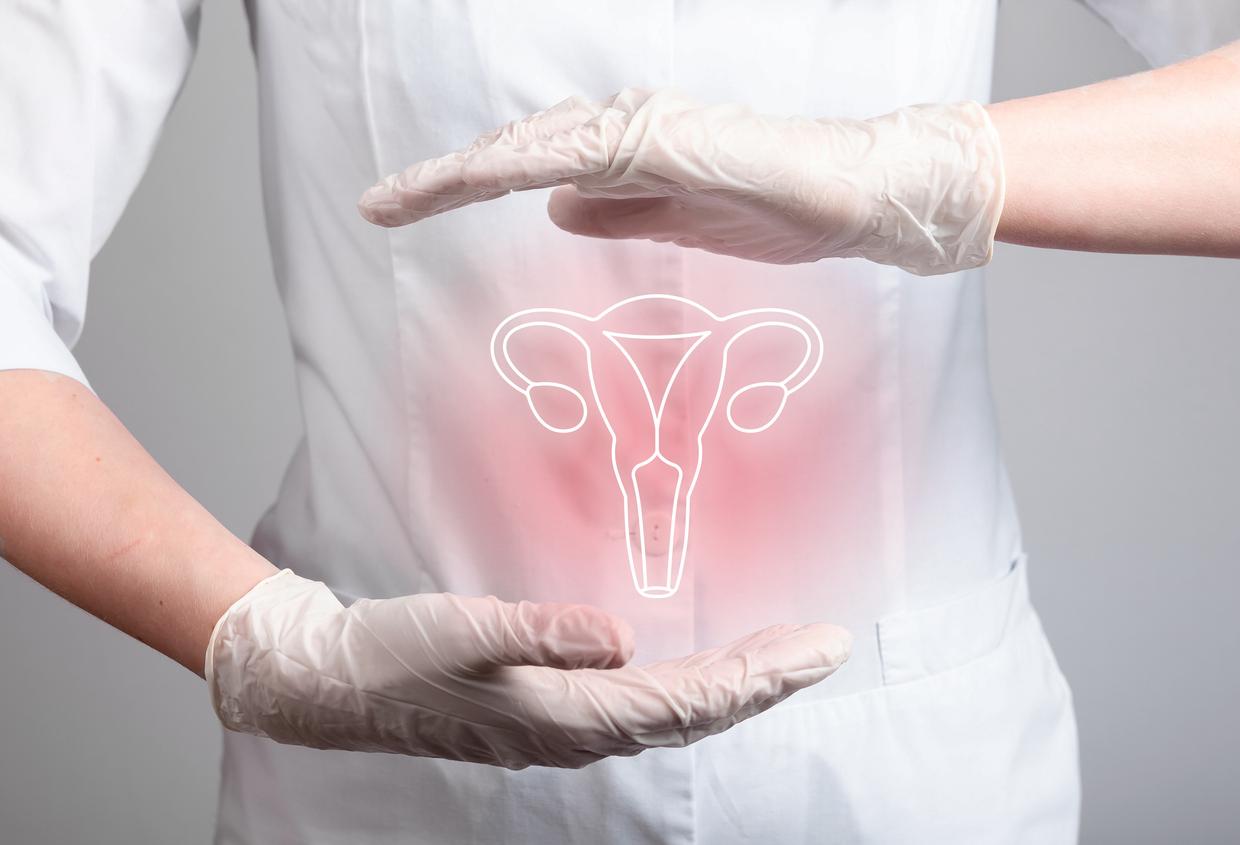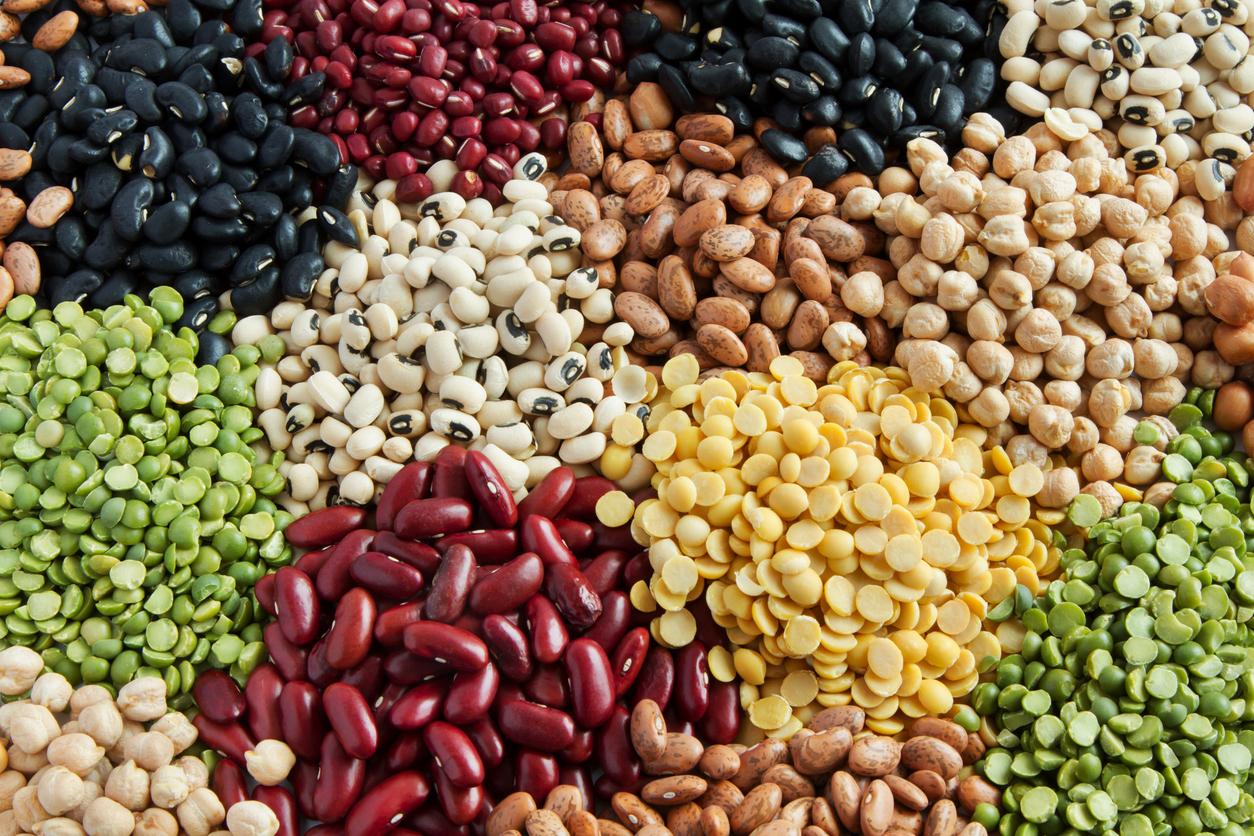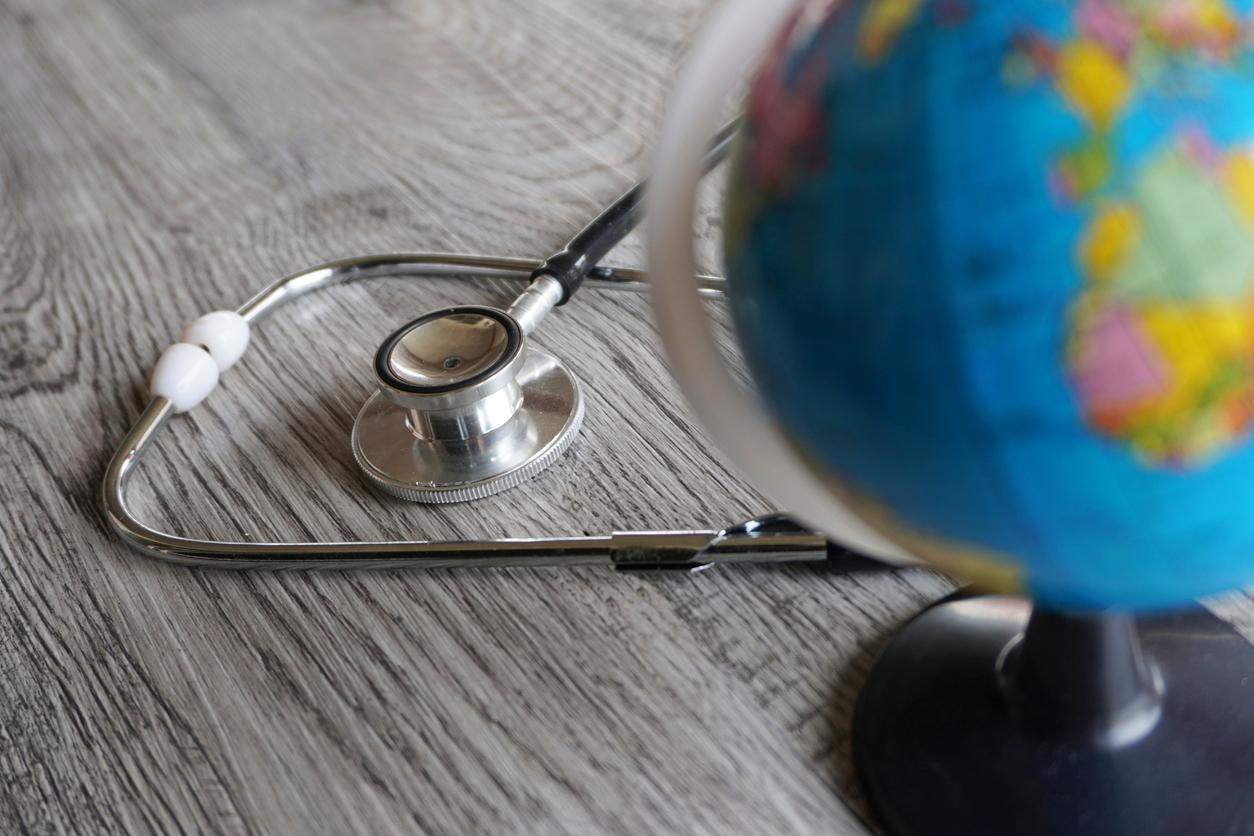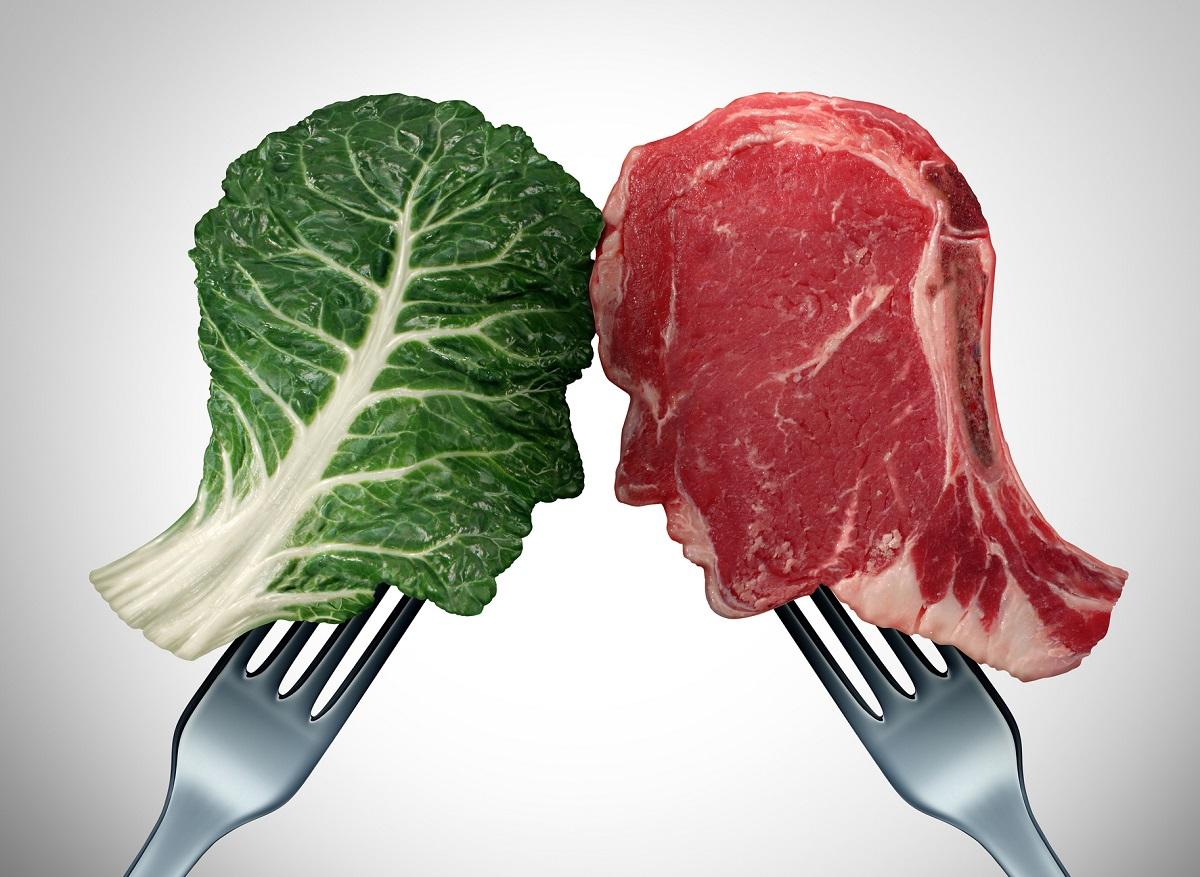A ton of cold meats was seized in Corsica, after a consumer was diagnosed with trichinellosis.

Nearly a ton of Corsican artisanal charcuterie, with an estimated value of 50,000 euros, was seized in Aullène, in the south of the department. The meat will be destroyed. The aim of the maneuver: to protect consumers. A woman fell ill after eating it. Suffering from high fever, she is said to be suffering from trichinellosis.
The disease of the “hunters”
This disease is attributed to a small parasite, “trichina”, of which there are three varieties dangerous for humans in France: Trichinella spiralis, T. pseudospiralis Where T. britovi. It can infect the majority of carnivorous and omivorous mammals, in particular pigs, horses and wild boars, in which generally no particular symptoms appear.
On the other hand, a man or a woman who consumes undercooked or undercooked meat contaminated by trichina, can become seriously ill. Trichinellosis is rather rare today, but it is often found in hunters who consume their prey, because game does not always go through the necessary quality control with the health authorities.
The disease is characterized mainly by fever, abdominal pain and nausea, but also by “muscle involvement with sometimes intense myalgia and a decrease in muscle tone, edema of the face”, according to the Ministry of Health.
Treatments and prevention
The effective treatment consists of a follow-up of anti-parasitic chemotherapy (benzimidazoles) combined with corticosteroid therapy.
However, the best solution is still prevention. It is a question of cooking its meat well, at a minimum temperature of 71 ° C, to buy that which has been controlled by the health authorities. All meat, especially pork, must undergo these rigorous qualitative tests to ensure that it does not carry the parasite.
If you buy your meat from a hunter or an artisanal producer, be aware that these controls are theoretically obligatory if the hunted game is sold to a third party. It is therefore better to ask them for a trichina test certificate, to prevent the disease rather than cure it.
.















